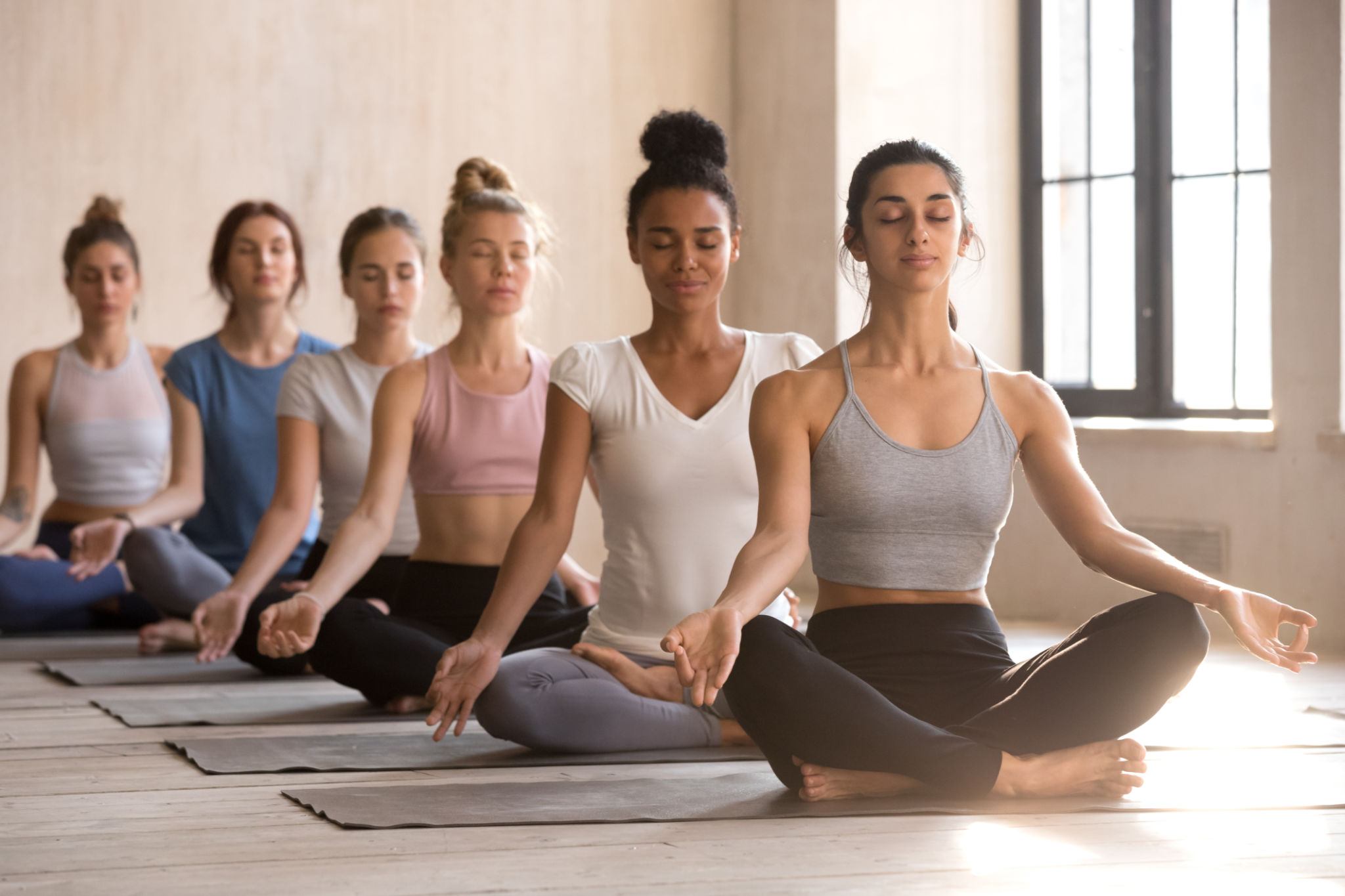Preparing for a Mindfulness Retreat: What to Bring and What to Expect
Understanding Mindfulness Retreats
Embarking on a mindfulness retreat is an enriching experience that allows you to disconnect from the hustle and bustle of daily life and reconnect with your inner self. These retreats offer a tranquil environment for meditation, reflection, and personal growth. Whether you're a seasoned practitioner or a beginner, knowing what to expect and how to prepare can greatly enhance your experience.
Retreats vary in structure and focus, but they typically include a combination of guided meditations, silent reflection periods, and group discussions. The goal is to help you cultivate mindfulness, reduce stress, and achieve a deeper sense of peace and clarity.

What to Bring
Clothing and Essentials
When packing for a mindfulness retreat, comfort is key. Opt for loose-fitting, breathable clothing that allows you to sit comfortably during meditation sessions. Consider bringing layers to accommodate changes in temperature, especially if the retreat is held outdoors or in a remote location.
Essentials to pack include:
- Comfortable clothing: Think yoga pants, t-shirts, and sweaters.
- Footwear: Comfortable shoes for walking meditation or hikes.
- Personal toiletries: Bring eco-friendly products if possible.
- Journal and pen: Useful for reflection and note-taking.

Meditation Tools
If you have specific items that enhance your meditation practice, such as a cushion or blanket, consider bringing them along. Many retreats provide basic meditation tools, but having your own can add an element of comfort and familiarity to your practice.
Additionally, bringing a reusable water bottle is recommended to stay hydrated throughout the retreat. Some retreats may also provide herbal teas and light snacks, so check with the organizers beforehand.
What to Expect
Daily Schedule
The daily schedule at a mindfulness retreat is often structured to maximize your time for meditation and self-reflection. Mornings usually begin with a guided meditation session, followed by breakfast. The rest of the day may include workshops, silent reflection times, and group discussions. Evenings might conclude with another meditation session or a group activity.

Embracing Silence
Many retreats incorporate periods of silence, sometimes lasting for several days. This practice helps participants turn their focus inward and cultivate a deeper sense of mindfulness. While it might seem challenging at first, embracing silence can lead to profound insights and personal growth.
During these times, you'll be encouraged to refrain from speaking, using electronic devices, or engaging in unnecessary distractions. It's an opportunity to break away from habitual patterns and experience the present moment fully.
Community and Support
A significant aspect of a mindfulness retreat is the sense of community and support among participants. Sharing the journey with others can be incredibly rewarding, as you'll have the chance to connect with like-minded individuals who are also on a path of personal growth. Group activities foster a sense of belonging and provide opportunities for learning from each other's experiences.

By preparing adequately and approaching the retreat with an open mind, you're setting yourself up for a transformative experience. Embrace the opportunity to explore new perspectives, deepen your mindfulness practice, and return home with a refreshed outlook on life.